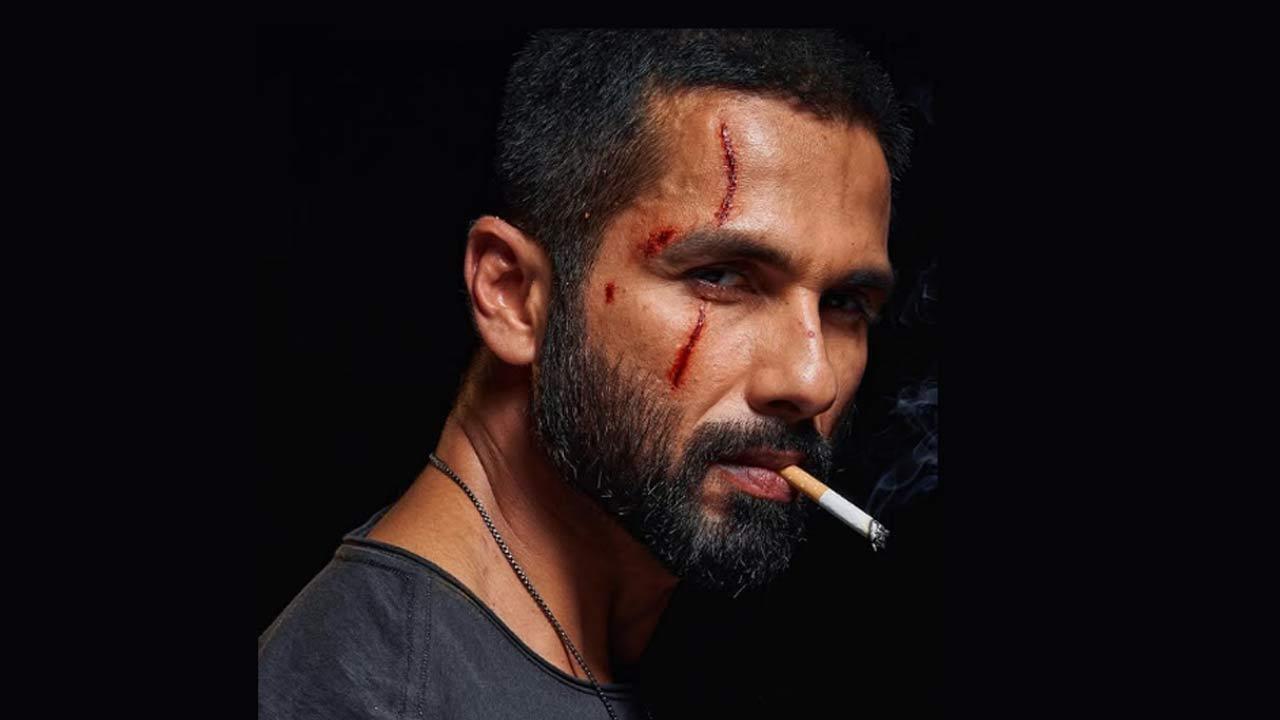
The exponential rise in franchise cricket competitions has started taking its toll on New Zealand as their star opener Devon Conway has opted for a casual playing agreement instead of a full-fledged contract. On the other hand, emerging white-ball batter Finn Allen has declined a central contract that was offered to him by New Zealand Cricket (NZC).
In an increasingly competitive era where the allure of franchise cricket has grown immensely, New Zealand Cricket is facing a challenging conundrum. The decision of Devon Conway and Finn Allen represents a significant shift in priorities for players who are capitalizing on the lucrative and high-profile opportunities that franchise leagues offer globally. This shift also poses potential risks and challenges for the integrity and competitiveness of the national team.
Devon Conway’s decision to opt for a casual playing agreement comes after a period of stellar performances in international cricket. Since moving from South Africa to New Zealand, Conway has been a revelation, making significant contributions in all formats of the game. His decision to not commit to a central contract reflects a growing trend among international cricketers who are seeking to balance their national commitments with opportunities in franchise leagues such as the Indian Premier League (IPL), Big Bash League (BBL), and others.
Conway’s choice allows him more flexibility in scheduling and participation in various leagues around the world. While this can be beneficial for the player financially and in terms of exposure, it raises concerns for the national team’s management. The main worry is the potential lack of availability of key players during crucial international tours and tournaments.
Similarly, Finn Allen, a promising young talent, has opted to pursue franchise cricket over a central contract with New Zealand Cricket. Allen has been making waves with his explosive batting style in the shorter formats of the game, drawing interest from several T20 leagues worldwide. By turning down the central contract, Allen has signaled his intent to prioritize franchise commitments which are often more financially rewarding and provide a platform for wider recognition.
For New Zealand Cricket, the refusal of central contracts by prominent players like Conway and Allen is a significant issue.
. The central contract system is designed to ensure that key players are available for selection for international games, fostering a cohesive and prepared national team. With top players opting out, the national team could face challenges in fielding their best squad regularly.
New Zealand Cricket’s Chief Executive, David White, expressed his thoughts on the issue, acknowledging the complexities introduced by the expanding landscape of franchise cricket. “We understand that players have to make decisions that they believe are best for their careers and personal circumstances. However, we are committed to maintaining the strength and competitiveness of the Black Caps and will continue to work on strategies to manage player availability,” White said.
The situation also highlights the broader implications for international cricket, as governing bodies might need to reassess the structure and policies around player contracts and international commitments. The International Cricket Council (ICC) has previously expressed concerns about the impact of franchise leagues on international cricket, emphasizing the importance of preserving the traditional bilateral series as the cornerstone of the sport.
Despite opting out of central contracts, both Conway and Allen have expressed their continued commitment to representing New Zealand in international cricket. They have assured the cricketing fraternity that they would be available for selection when international duties align with their schedules. However, the flexibility they seek might not always coincide with the national team’s needs, posing a logistical challenge for selectors and team management.
As New Zealand navigates this evolving landscape, the focus will be on how effectively they can integrate these star players into the national setup without compromising on their performance and availability. The decision by Conway and Allen might inspire other players to consider similar routes, which could eventually lead to a significant transformation in how national and franchise cricket coexist.
In conclusion, the choices made by Devon Conway and Finn Allen underscore a growing trend where the lures of franchise cricket are increasingly influential. New Zealand Cricket will need to innovate and adapt to ensure that the national team remains competitive while accommodating the professional aspirations of its players. This balancing act is crucial not just for New Zealand but for the future framework of international cricket as a whole.










